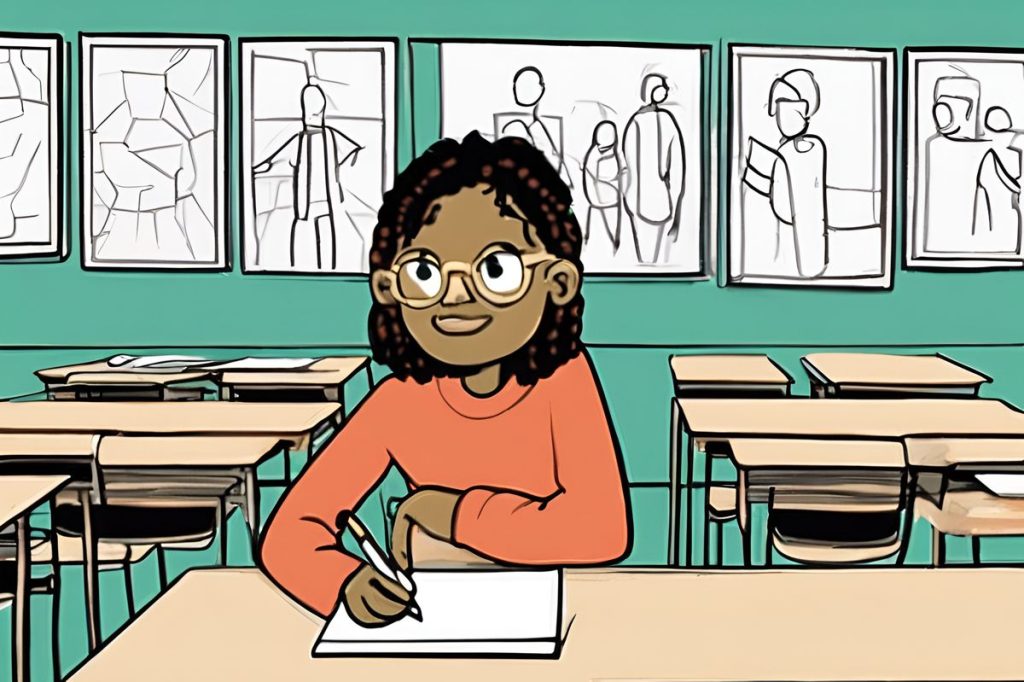Cyprus is drafting legislation to regulate mobile phone use in secondary schools, with penalties for misuse that could include storing phones in lockers or switching them off during class to reduce distractions and misconduct. The education ministry seeks consistent enforcement of rules to maintain a positive educational environment and address concerns over the impact of mobile phones on students’ behavior and performance.
How is Cyprus addressing mobile phone use in secondary schools?
Cyprus’s education ministry is drafting legislation to regulate mobile phone use in secondary schools, aiming to reduce distractions and misconduct. Penalties for misuse may mirror those in primary schools, with possible requirements to store phones in lockers or switch them off during class. The ministry seeks consistent rules enforcement to maintain a positive educational environment.
Striking the Balance: Mobile Phone Use in Schools
In a move reflective of the times, the education ministry of Cyprus is in the midst of drafting legislation aimed at regulating the use of mobile phones in secondary schools. The policy mirrors existing rules established in primary educational settings, where penalties for improper phone usage are already in force. This legislative push is a response to the growing concerns over the distractions and potential misconduct arising from mobile phone misuse within academic institutions. The outlined penalties for secondary school students are anticipated to align with those currently adopted by primary schools.
The spokesperson from the ministry confirmed that discussions have been held with various stakeholders, including secondary school parents and the secondary teachers’ union Oelmek. While the bill is on the verge of being presented to the parliament, deliberations will ensue post the electoral proceedings on June 9. The upcoming school year could see these new regulations take effect, provided that the bill finds favor in the legislative assembly.
Addressing the Challenges of Enforcement
The prospect of enforcing a mobile phone ban in secondary schools brings its unique set of challenges. Authorities acknowledge that the impact of mobile phones on students’ daily lives is considerably more pronounced at the secondary level compared to the primary level. There is a recognition that secondary students, being older and more mature, might necessitate a different approach. Education Minister Athena Michaelidou suggested a system akin to that in technical schools, where students are either required to store their phones in lockers or ensure they are switched off while in class.
Despite this, there is recognition that implementing such policies in larger high schools might be more complex due to the sheer number of students. A primary school headmaster from Nicosia shared that the current rules stipulate strict prohibition of mobile phones during academic sessions and school gatherings, with non-compliance attracting penalties ranging from warnings to suspension. Secondary schools, however, display a varied degree of stringency in enforcing these rules, leading to a call for standardized regulations.
The Call for Consistency Across Schools
Inconsistencies in enforcement across different schools have prompted the education ministry to seek a formalized approach through the bill. Instances of violence, bullying, and other forms of misconduct in secondary schools have been on the rise, with officials noting that mobile phones often play a role in these issues. During a recent meeting with President Nikos Christodoulides, representatives from Oelmek emphasized the urgency of addressing these problems. They pointed out the link between lax enforcement of mobile phone policies and the increasing episodes of inappropriate behavior among students, including their involvement in disruptive internet challenges, leading to serious disciplinary concerns.
Ensuring a Positive and Safe Educational Environment
The ministry’s initiative to regulate mobile phone use in secondary schools is not merely about maintaining discipline; it’s about safeguarding the educational environment. By establishing clear rules and consistent enforcement, the ministry aims to ensure that technological advancements serve as tools for learning rather than as distractions or conduits for misconduct. The education sector’s stakeholders continue to work together to finetune the details of the proposed bill, taking into account the varied needs and maturity levels of students across different school types. This collaborative approach is essential to devise a policy framework that accommodates the reality of modern technology while upholding the integrity of the educational process.
What steps is Cyprus taking to regulate mobile phone use in secondary schools?
Cyprus’s education ministry is drafting legislation to regulate mobile phone use in secondary schools, with penalties for misuse that could include storing phones in lockers or switching them off during class. The goal is to reduce distractions and misconduct, maintaining a positive educational environment.
How are penalties for mobile phone misuse expected to align between primary and secondary schools in Cyprus?
The penalties for improper mobile phone use in secondary schools are anticipated to mirror those already established in primary schools. Possible penalties could include storing phones in lockers or switching them off during class to reduce distractions and maintain a positive educational environment.
What challenges are authorities facing in enforcing a mobile phone ban in secondary schools?
Authorities are acknowledging the unique challenges of enforcing a mobile phone ban in secondary schools, especially in larger high schools with a significant number of students. There is a recognition that different approaches may be needed for older and more mature secondary students, similar to the systems in technical schools.
Why is the education ministry in Cyprus pushing for standardized regulations regarding mobile phone use in secondary schools?
Inconsistencies in enforcing mobile phone policies across different secondary schools have led the education ministry to seek standardized regulations. There is a growing concern over issues like violence, bullying, and misconduct in schools, with mobile phones often playing a role in these problems. Standardizing regulations aims to create a safer and more positive educational environment.

